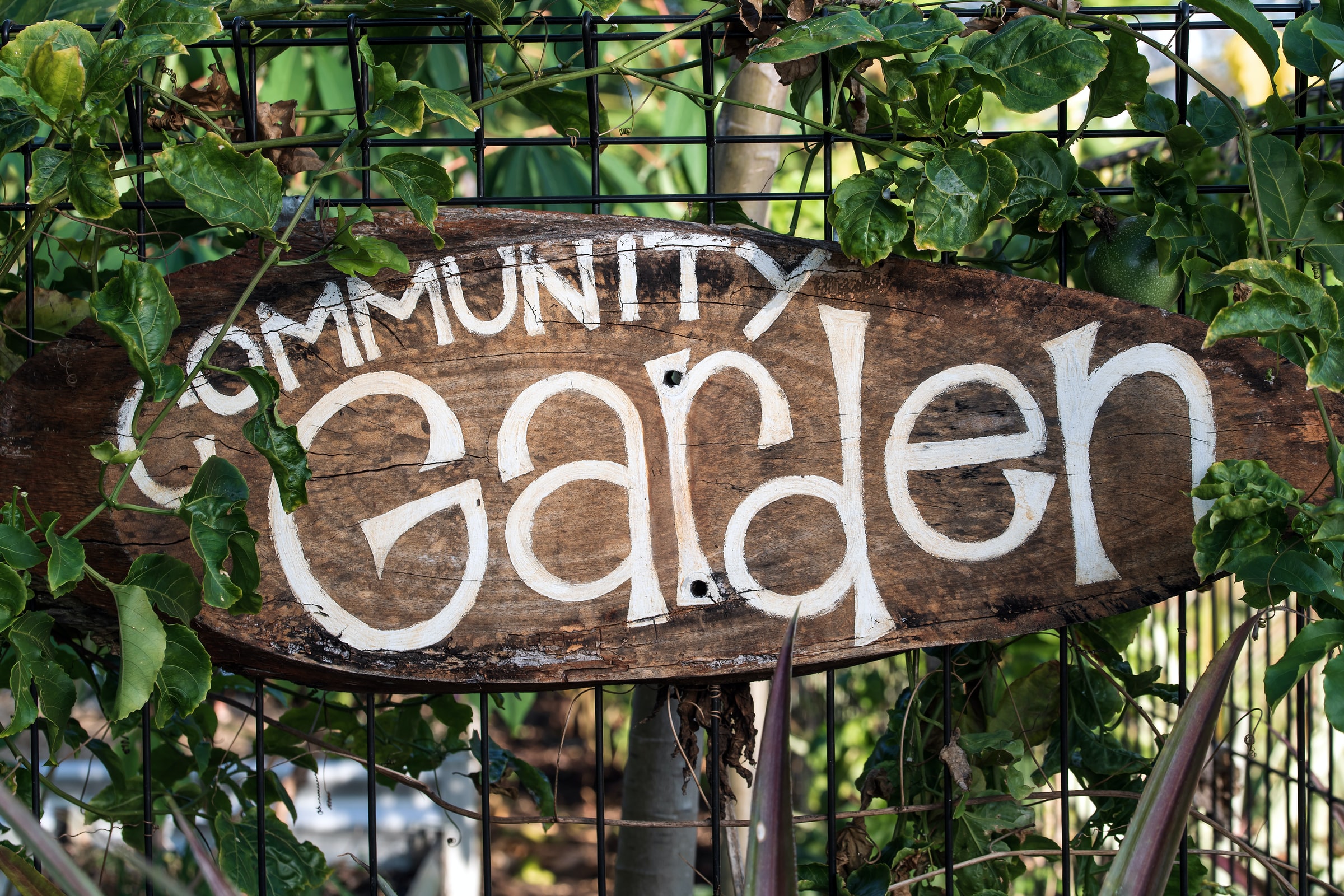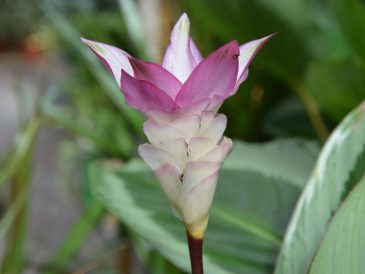On a personal note, I’d say as a Christian, I’m very spiritual, which is entirely different from being religious. Rather than just following what is asked of me, I focus on having a close relationship with God. I guess this is why I love learning more about the Bible through signs, symbols, names, animals and so on.
Recently, I’ve heard how humanity’s intertwined bond with plants comes from the Bible, more specifically in Genesis 2:15, “The Lord God took the man and put him in the Garden of Eden to work it and take care of it.”
This reference piqued my interest as I am also an avid fan of gardening, so obviously, I had to learn more. Now, after hours of reading and researching, I’ve decided to share a few things with you.
Acacia

Native to parts of Africa and Australasia, acacias, also known as the wattles, are tropical shrubs and trees that are distinguished by their small and fragrant flowers. Acacia is also known as the hardest of all hardwoods, characterized by its resilience, sustainability and high density.
It is believed that acacia is referred as “shittah” in the Bible (Isaiah 41:19 KJV) and its wood, known as the “shittim wood”, was used in the construction of the Holy Tabernacle.
Here are some excerpts from Exodus 25-26 ESV:
“The Lord said to Moses,
They shall make an ark of acacia wood. Two cubits and a half shall be its length… ….You shall overlay it with pure gold, inside and outside shall you overlay it… You shall make poles of acacia wood and overlay them with gold. …You shall make a table of acacia wood.…You shall make bars of acacia wood….And you shall make for the screen five pillars of acacia, and overlay them with gold.”
So, if you want an acacia tree in your garden, make sure it grows under full sunlight and in a well-drained soil. And, just so you know, the easiest way to grow acacias is to start with the seeds.
Almond Tree

Almond trees are often sought after for their deliciously sweet and oily nuts. But, what if I told you these trees played a role in the Old Testament?
We see an example from Jeremiah 1:11:
“I see a rod of an almond tree [shaked]… for I will hasten [shaked] my word to perform it,”
In Numbers 17:8; Hebrews 9:4, Aaron’s rod is said to yield almonds.
The best tip I could give you for growing almond trees is that they should be deep-rooted in well-drained and fertile soil. And, they only produce the best nuts if they are grown in a sunny climate.
Apple

An apple a day keeps the doctor away.
Apples are wonderful fruits that are rich in fibers, antioxidant compounds, vitamin C and protein. They are also packed with vitamin E and polyphenols. However, the health factor is not the only reason why people love consuming apples so much. Munching an apple and savoring that flavorful, crunchy and juicy taste can give you an instant energy boost.
When it comes to Biblical reference, I’m sure most of you think of the fruit of the “tree of the knowledge of good and evil” and mankind’s sin. However, there is no evidence that suggests that apple was indeed the forbidden fruit that Eve and Adam ate.
But still the word “apple” seems to appear at least 8 times in the King James Bible Version. Let’s take a look at some of these references.
“Like an apple tree among the trees of the forest,
So is my beloved among the young men.”
– Song of Solomon 2:3 NASB
“Beneath the apple tree I awakened you; There your mother was in labor with you,There she was in labor and gave you birth.”
– Song of Solomon 8:5b NASB
“The vine dries up, And the fig tree fails; The pomegranate, the palm also, and the apple tree, All the trees of the field dry up.”
– Joel 1:12 NASB
To be honest, growing an apple tree is a challenge, but if you are devoted, have a sunny site and have fertile soil, I’m sure you’ll reap the fruit.






4 Comments
May I simply say what a relief to uncover somebody that really understands what theyre discussing over the internet. You certainly know how to bring a problem to light and make it important. More and more people really need to check this out and understand this side of the story. I was surprised that youre not more popular because you certainly have the gift.
[…] Plants are considered essential because of all the many ways that they support life. We rely on them for food, shelter, medicine, fuel, climate, fiber and even for the air we breathe. But, as children of God, let us remember that God is the creator of this essential resource: […]
[…] then, as per Biblical experts, aniseed was called […]
[…] If you read the Bible thoroughly, you’ll find that trees are mentioned nearly everywhere in the Bible, from the first chapter of Genesis to the first Psalm and even on the last page of the Book of Revelation. If you want to know more about all the interesting trees and plants that were mentioned in the Bible, click here. […]